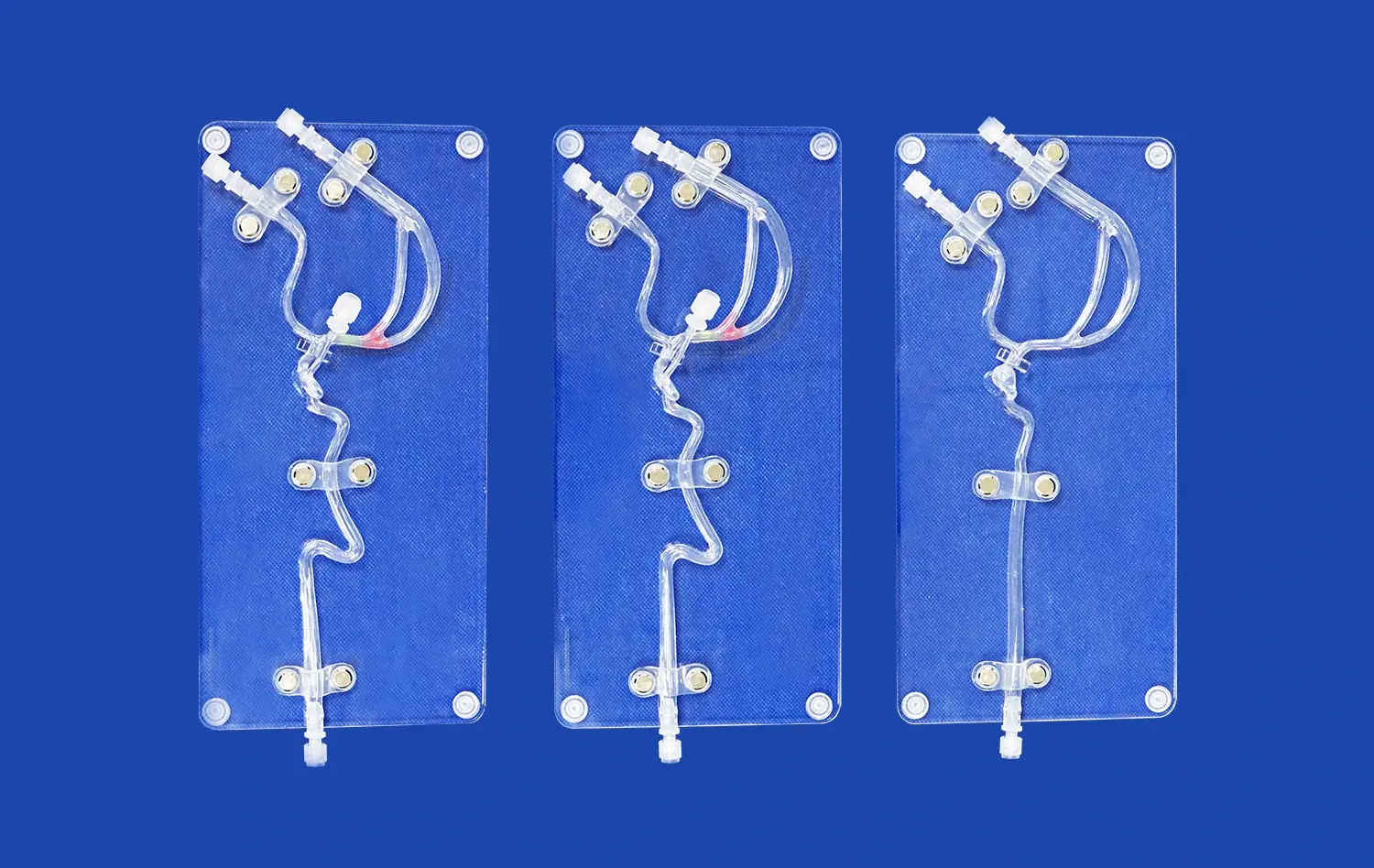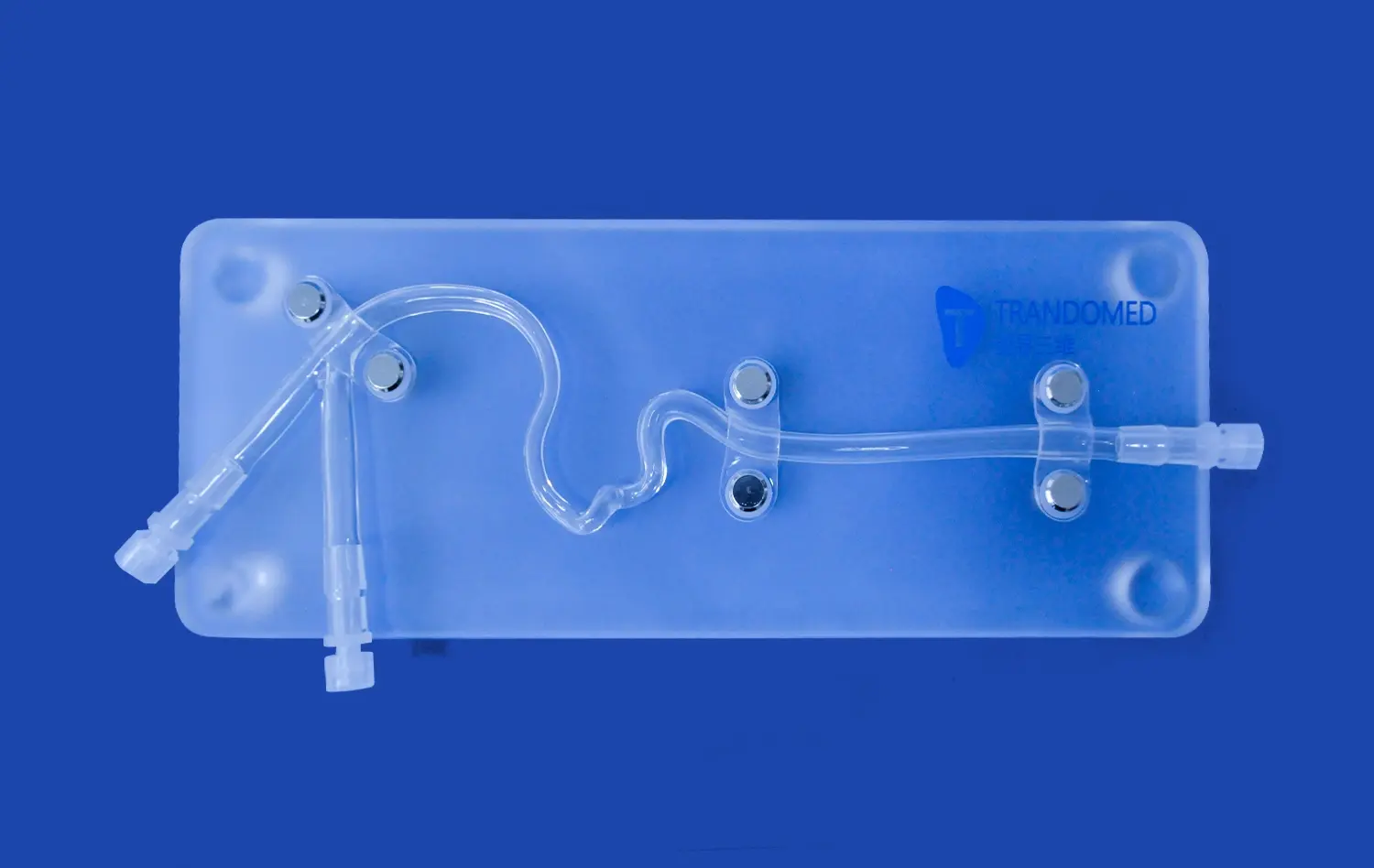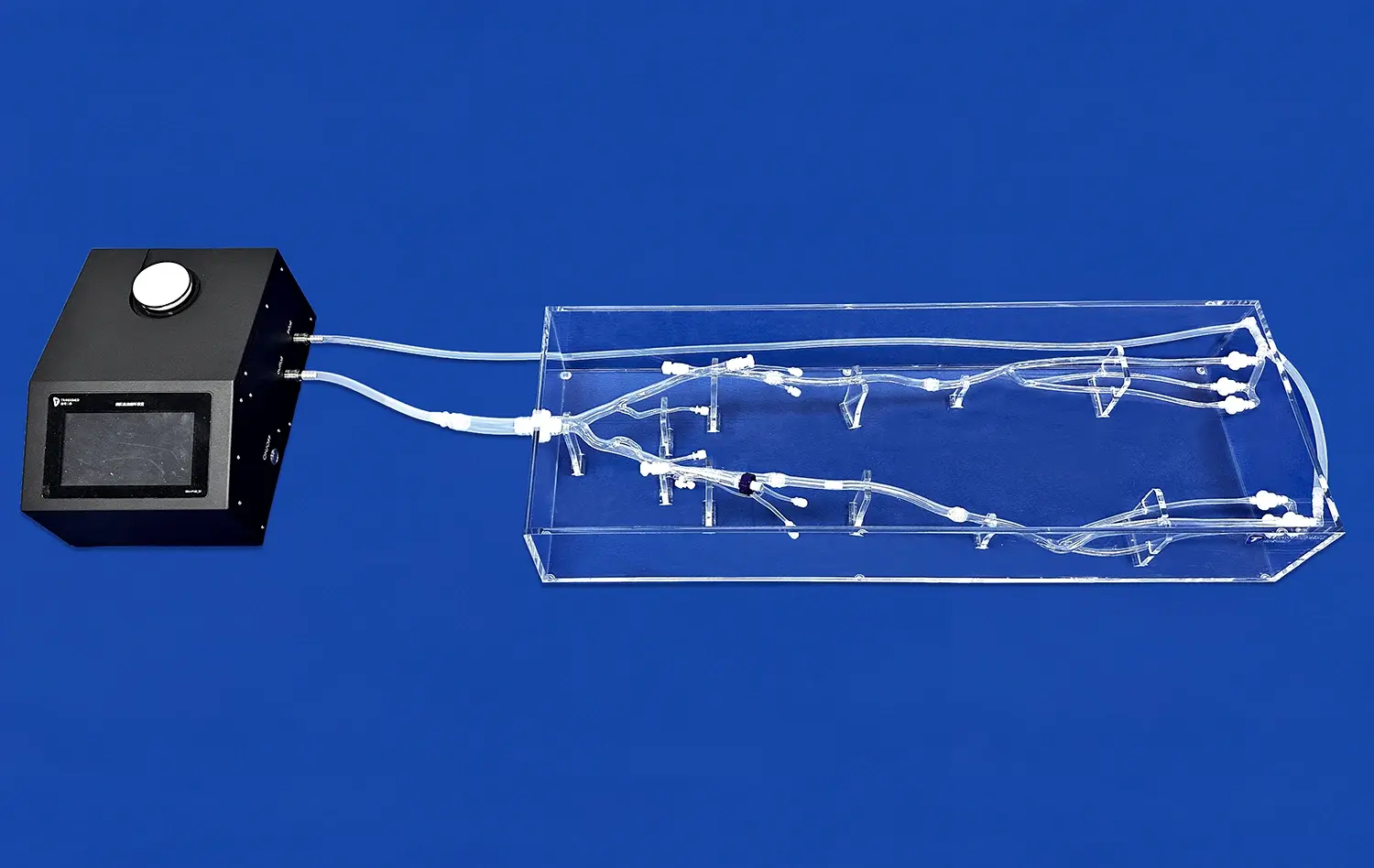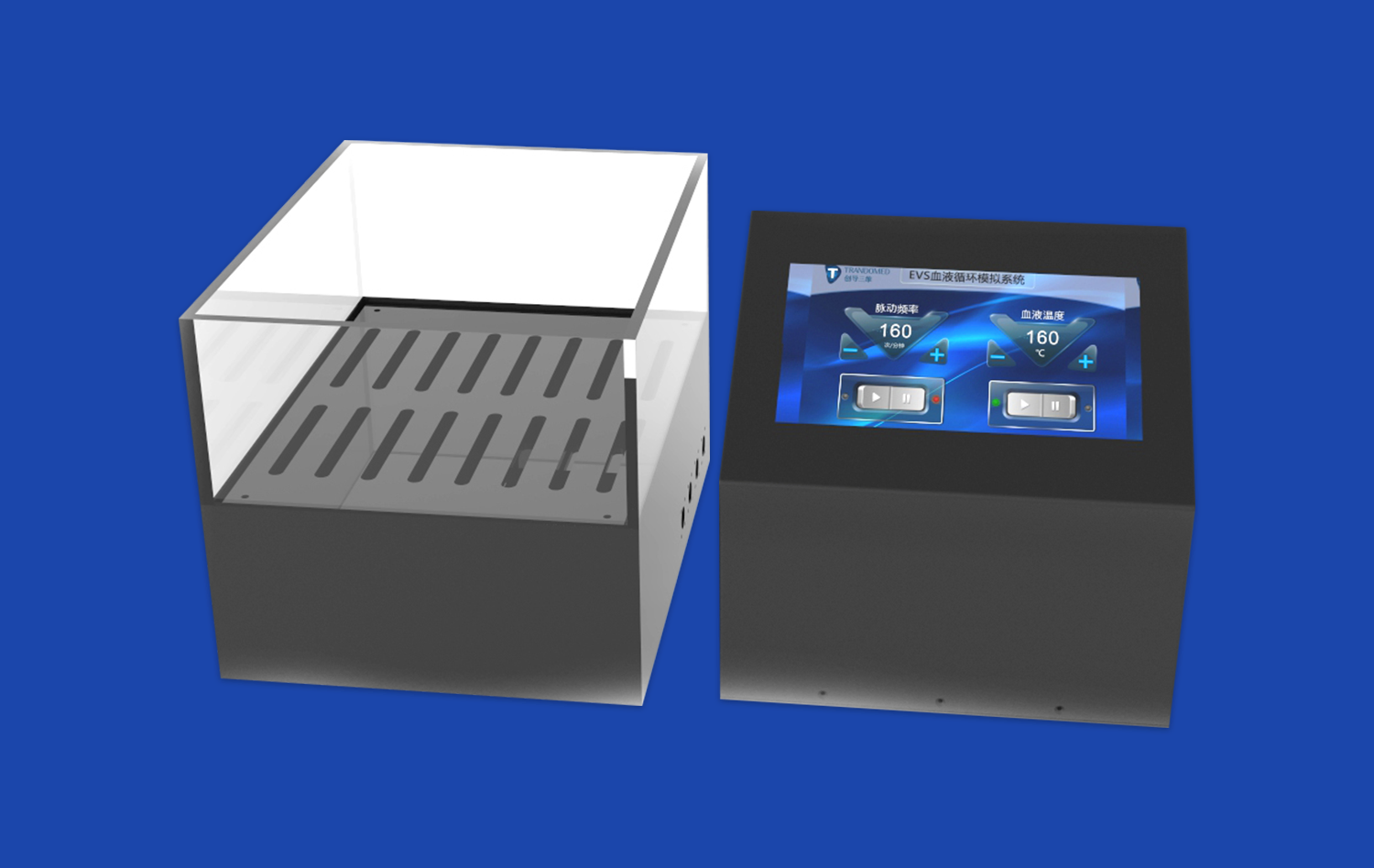What Features Allow Tailored Learning Experiences?
Anatomical Accuracy and Tactile Realism
The ERCP Simulator II boasts exceptional anatomical accuracy, meticulously recreating the intricate structures of the human digestive system. This includes detailed representations of the esophagus, stomach, duodenum, and biliary tract. The use of advanced silicone materials ensures that the tactile sensation closely mimics human tissue, providing trainees with a realistic feel during simulated procedures. This level of realism is crucial for developing the fine motor skills and tactile sensitivity required in ERCP procedures.
Customizable Pathological Conditions
One of the standout features of this simulator is its ability to represent various pathological conditions. Trainers can incorporate different scenarios, such as bile duct obstructions, pancreatic duct abnormalities, or gallstones. This customization allows for a comprehensive training experience, preparing medical professionals for a wide range of clinical situations they might encounter in real practice. The ability to simulate these conditions enhances diagnostic skills and procedural decision-making abilities.
Adjustable Difficulty Levels
The ERCP Simulator II can be adjusted to accommodate different skill levels, from novice to expert. This scalability ensures that the training remains challenging and relevant as learners progress. Beginners can start with basic cannulation techniques, while more advanced users can tackle complex scenarios like stone extraction or stent placement. This progressive learning approach helps in building confidence and competence systematically.
Modular Design for Complex Gastrointestinal Procedures
Interchangeable Components
The modular design of the ERCP Simulator II is a game-changer in endoscopy training. It features interchangeable components that allow for the simulation of various gastrointestinal procedures beyond just ERCP. This flexibility enables medical institutions to use a single simulator for multiple training purposes, maximizing their investment. Trainers can easily swap out parts to simulate different anatomical variations or specific procedural requirements.
Specialized Modules for Diverse Techniques
Different modules are available to focus on specific ERCP techniques. For instance, there are specialized modules for practicing sphincterotomy, stent placement, and stone extraction. These targeted modules allow trainees to concentrate on particular skills, perfecting each aspect of ERCP procedures. The ability to focus on individual techniques in isolation before combining them in full procedures is invaluable for comprehensive skill development.
Integration with Endoscopic Equipment
The ERCP Simulator II is designed to integrate seamlessly with actual endoscopic equipment. This compatibility allows trainees to familiarize themselves with the tools and devices they will use in real clinical settings. From endoscopes to various accessories like catheters and guidewires, the simulator accommodates a wide range of equipment, enhancing the realism and practicality of the training experience.
Integrating Advanced Scenarios for Skill Enhancement
Complex Case Simulations
To truly prepare medical professionals for the challenges of real-world ERCP procedures, the simulator incorporates complex case scenarios. These might include situations like dealing with anatomical variations, managing complications, or performing interventions in patients with altered anatomy post-surgery. By exposing trainees to these challenging scenarios in a controlled environment, the simulator helps build confidence and problem-solving skills essential for clinical practice.
Collaborative Learning Opportunities
The ERCP Simulator II is not just a tool for individual learning; it also facilitates collaborative training sessions. Multiple learners can engage with the simulator simultaneously, mimicking the team-based approach often required in complex ERCP procedures. This feature allows for the practice of communication and coordination skills, which are crucial in real clinical settings. Trainers can create scenarios that require teamwork, enhancing both technical and non-technical skills.
Performance Tracking and Feedback
Advanced tracking features in the ERCP Simulator II provide valuable feedback on trainee performance. The system can monitor various metrics such as procedure time, accuracy of tool manipulation, and success rates in different tasks. This data-driven approach allows for objective assessment of skills and progress tracking over time. Trainers can use this information to tailor further training, focusing on areas that need improvement and recognizing areas of proficiency.
Conclusion
The Customizable ERCP Simulator II stands as a pinnacle in advanced endoscopy training. Its combination of anatomical accuracy, customizable features, and advanced simulation capabilities makes it an indispensable tool for medical education and skill enhancement. By providing a risk-free environment for practicing complex ERCP procedures, it bridges the gap between theoretical knowledge and practical application. As endoscopic techniques continue to evolve, tools like this simulator will play a crucial role in preparing the next generation of gastroenterologists and endoscopists, ultimately leading to improved patient care and outcomes.
Contact Us
For more information on how the Customizable ERCP Simulator II can revolutionize your endoscopy training program, contact Trandomed. Our team of experts is ready to help you explore the benefits of this cutting-edge training tool and how it can be tailored to your specific educational needs. Elevate your endoscopy training to new heights with Trandomed's innovative solutions. Reach out to us at jackson.chen@trandomed.com to discover how we can enhance your training capabilities.
References
Johnson, L.R., et al. (2022). "Advancements in ERCP Training: A Review of Simulation-Based Techniques." Journal of Gastrointestinal Endoscopy Education, 15(3), 245-260.
Smith, A.B., & Brown, C.D. (2023). "The Impact of High-Fidelity Simulators on ERCP Competency: A Multi-Center Study." Endoscopy International Open, 11(4), e567-e575.
Patel, N., et al. (2021). "Customizable ERCP Simulators: Bridging the Gap in Advanced Endoscopy Training." Gastrointestinal Endoscopy, 93(6), 1289-1298.
Lee, S.H., & Kim, J.Y. (2022). "The Role of 3D-Printed Simulators in Enhancing ERCP Skills: A Systematic Review." Digestive Diseases and Sciences, 67(8), 3421-3435.
Martinez, F., et al. (2023). "Integrating Advanced Scenarios in ERCP Simulation: Effects on Trainee Performance and Confidence." Journal of Medical Education and Training, 47(2), 178-190.
Wong, R.T., & Garcia, E.S. (2021). "Modular Design in Gastrointestinal Procedure Simulators: A New Paradigm in Medical Training." Simulation in Healthcare, 16(5), 302-311.
_1732863713705.webp)
_1732843184544.webp)












